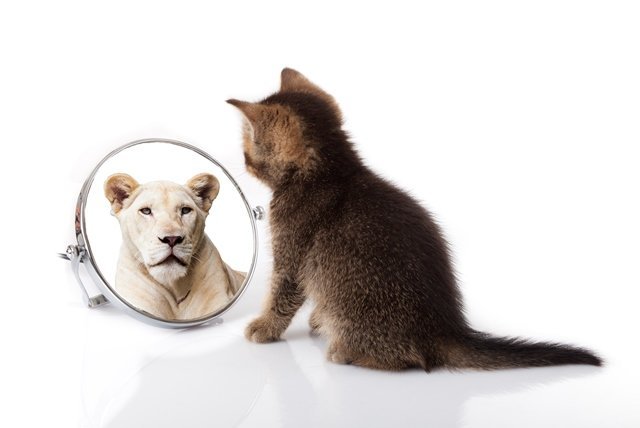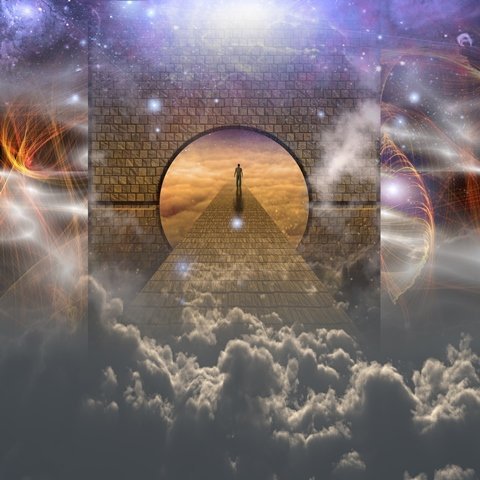
by Judith Stafford | Feb 13, 2024 | Becoming a Wise Woman, self help
Knowing me, Knowing who? How self-reflection leads to personal growth. “Life really does begin at forty. Up until then, you are just doing research.” - Carl Jung. Do you think of yourself as self-aware? Do you even know what it means to be self-aware? Congratulations if you have ever considered it at all. The very act of thinking about it means you have a degree of self-awareness. I have been doing quite a bit of journalling and shadow work recently, resulting in my considering how self-aware I am. I decided to do some research to get a better idea, and this is what I learned. A poll by The Harvard Business Review discovered that although 95% of people think they’re self-aware, only 10 to 15% actually are. It makes you think. How many deluded people are there out there? When I looked up self-awareness online, ‘self-awareness as a leader’ appeared most frequently. Looks like it is the new buzzword in management speak. Something aspiring leaders have decided they must have. Looks like I have found some of the deluded 95%! But self-awareness is important, whoever you are. It is not just for your career, which undoubtedly helps, but also for your benefit and those around you. What does it mean to be self-aware? According to the American Psychological Association, self-awareness is “the consequence of focusing attention on the self.” But what does this mean? Self-awareness is the intention of aspiring to be the best person you can be. It involves a great deal of self-analysis of your emotions, thoughts, motives and values to uncover who you are and find...

by Judith Stafford | Dec 3, 2023 | Away with the Fairies, Becoming a Wise Woman
Egos, Shadows and the Collective Unconscious I have always enjoyed a great story, whatever format it takes, whether it is a book, film, or TV series. Something about living a different life in another world for an hour or two is fantastic. I always loved reading myths and fairy tales as a child. My favourite kinds of stories have always been fantasy types. I loved the dark forests and ancient landscapes. Even though they were far removed from my life, the characters and situations still spoke to me. Later, when I re-read these stories as an adult, I saw they worked not only as entertainment and escapism. But they also allowed us to explore our often unconscious relationship with ourselves and the world. The more folktales and myths I read, the more I realised that the underlying ideas behind these stories were the same. Whether you read tales from Europe, Asia, Australia or the Americas, the same concepts crop up repeatedly. Grand ideas of death and resurrection Epic heroic journeys Heroes overcoming great odds to seek justice Innocents risk everything to rescue a loved one Curious to discover more, I started reading about the psychology of storytelling. There I came across Carl Jung’s theories on archetypes. I found them so fascinating that I delved deeper into them. Now, 30 years later, I am still learning new things about them. What is an archetype? The simplest definition of an archetype is that it is a universal stereotype or prototype of specific patterns of behaviour. In Jung’s view, archetypes represented inherited unconscious thought patterns common to all people. Every culture in...





Recent Comments